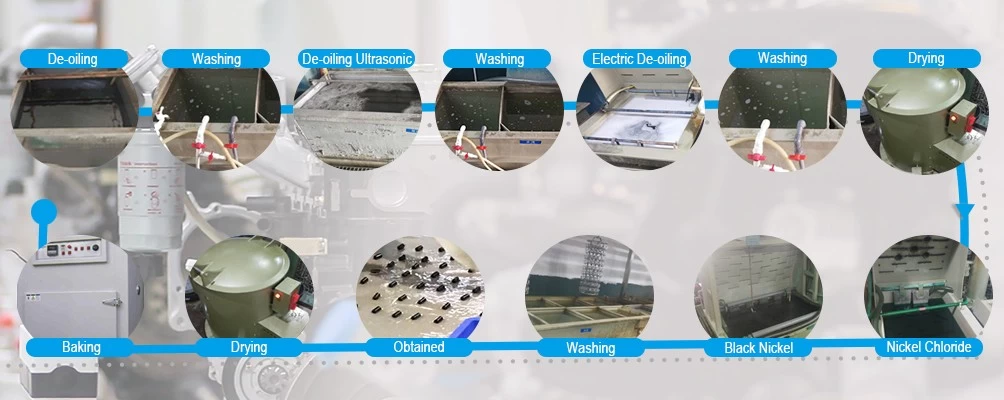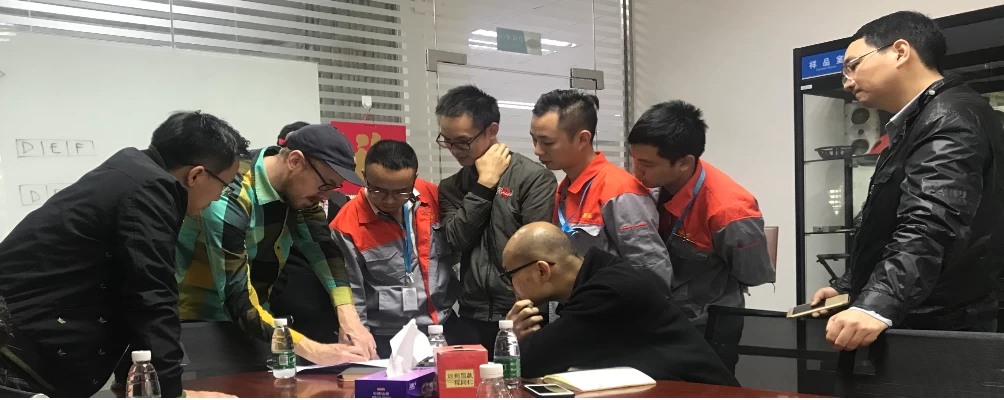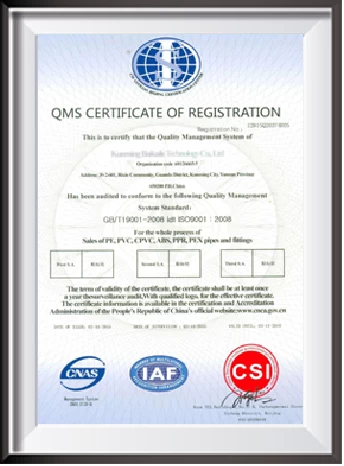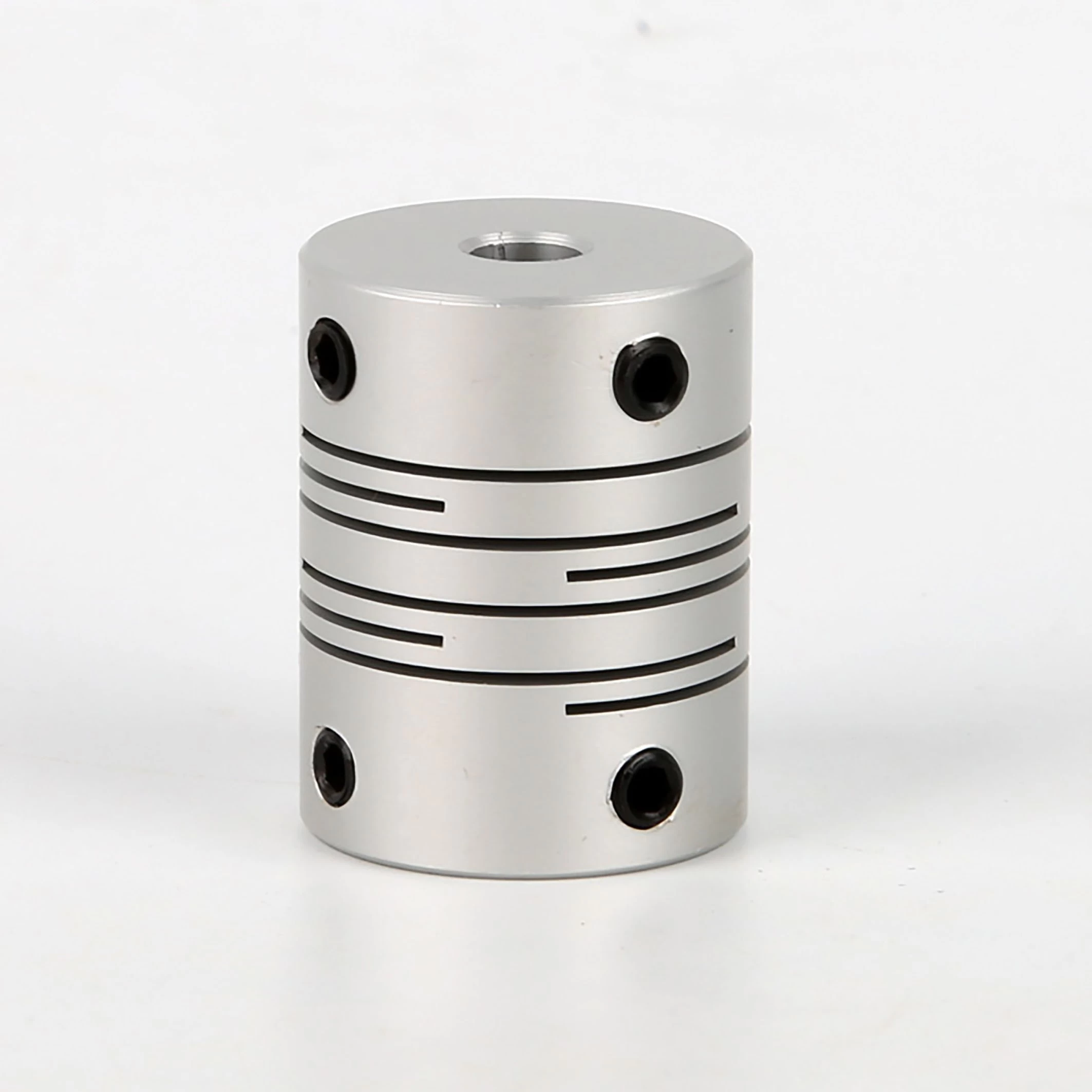China’s two-child policy: too little, too late
naky
www.diecastingpartsupplier.com
2015-11-06 15:48:17
There are many things to welcome in the Chinese Communist party’s decision to scrap its widely-detested one child policy, but an anticipated demographic pay-off isn’t one of them.
Last week’s terse statement from the party leadership, following a meeting to outline its next five-year plan, will allow all couples to have two children. That marks a further relaxation of the controversial policy after a November 2013 agreement to allow couples to have another baby provided one partner was an only child.
The government is now scrambling to try to undo the disastrous, unintended consequences of population control infrastructure that was first introduced to try to rein in the disastrous, unintended consequences of Chairman Mao’s ideas on demographics.
It may be too little, too late, however. The end of the one child policy will result in an average 2.8m to 5.4m more babies each year for the five years after the policy is rolled out across the country, according to FT Confidential Research, a research service from the Financial Times.
Those estimates, based on regional surveys and on the disappointing reception to the November 2013 relaxation, compare with the 16.9m Chinese babies born last year.
The trouble is that the sharp rise in the cost of living in the boom years, plus considerable uncertainties about China’s economic future, have done far more to curb the procreative impulses of Chinese couples than the strictures of family planning bureaucrats.
China’s labour force is shrinking and its population is ageing. The World Bank forecasts that 17 per cent of China’s population will be aged 65 or older by 2030, up from 10 per cent this year. China is doing better than Japan in this respect, but the Japanese at least got rich before they got old.
But the government will be fighting an uphill battle to meet even that lowered growth target as the demographic dividend fades and productivity slows. Scrapping the one child policy is long overdue and may eventually result in a bump in the population, but it is no magic bullet against the immediate forces dragging on China’s economy.



















